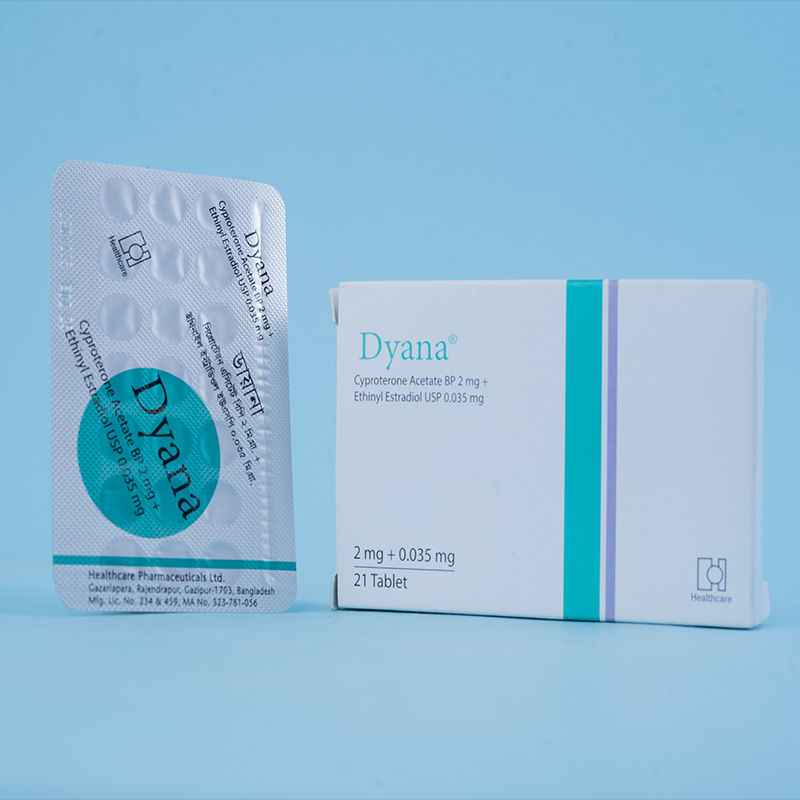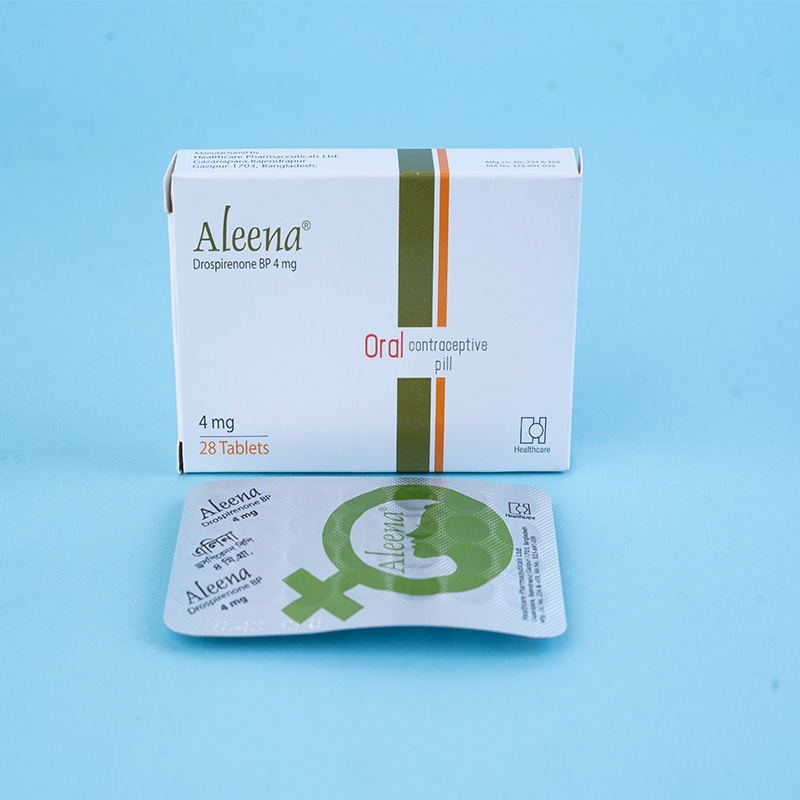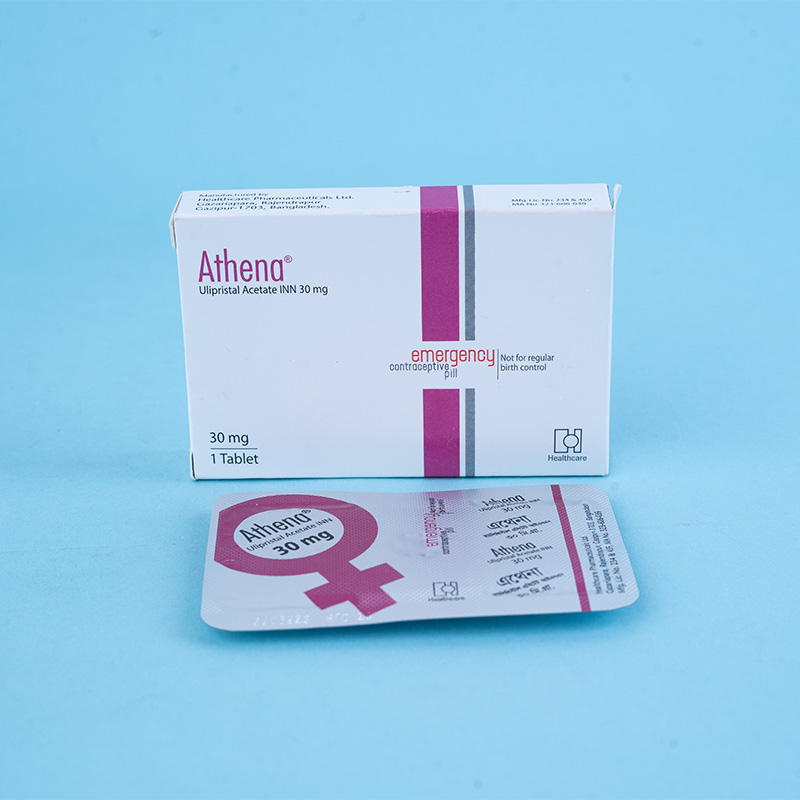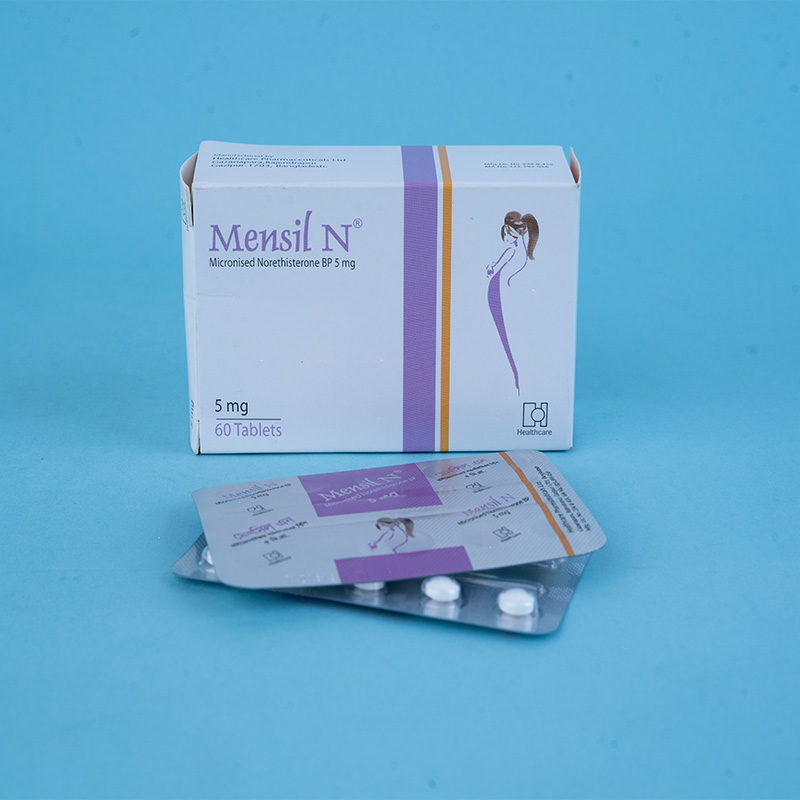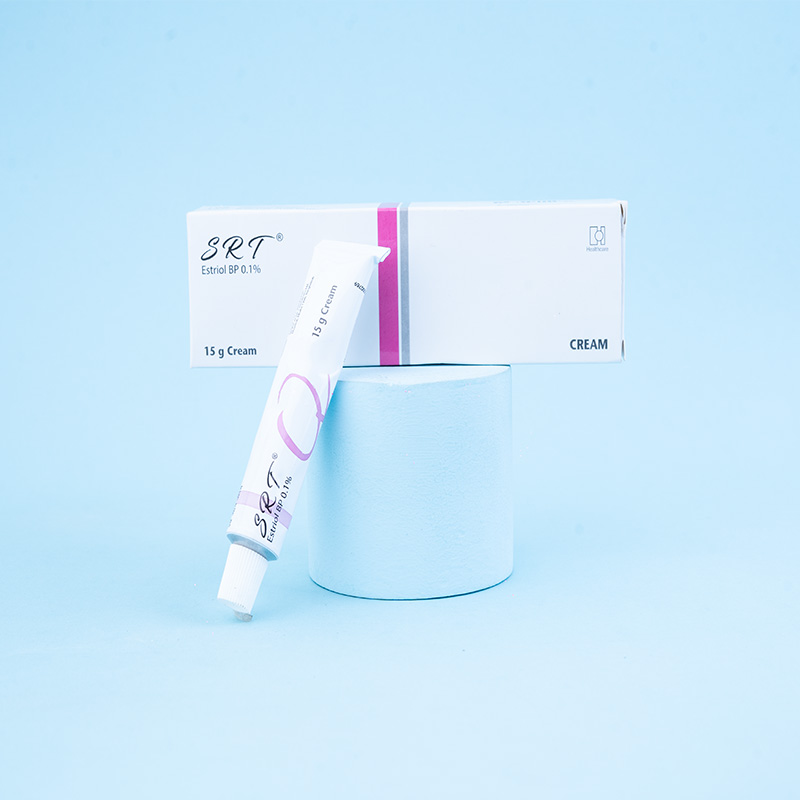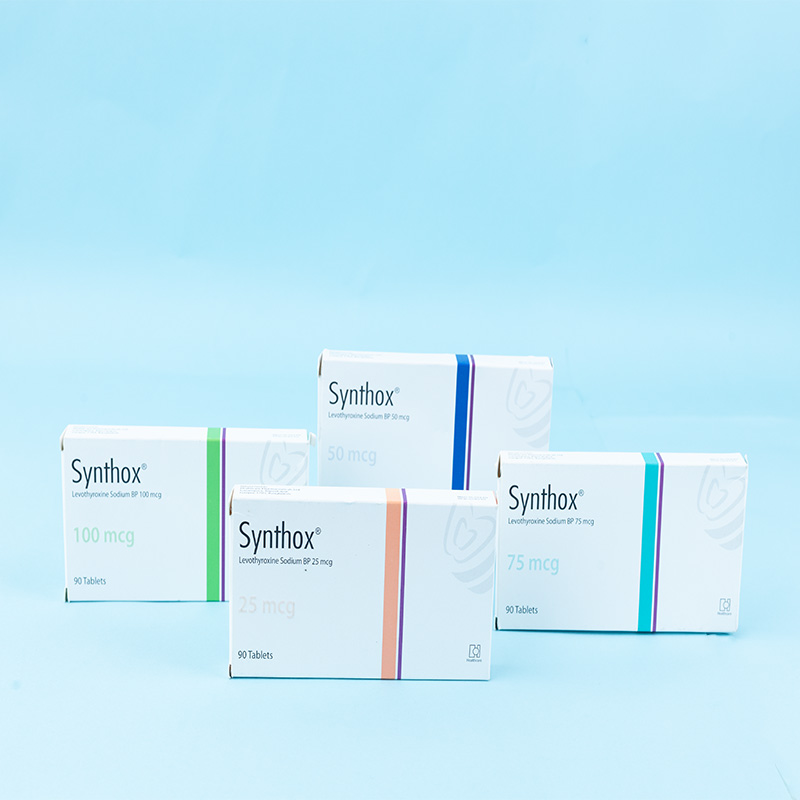Each blister pack contains 21 tablets, with each tablet consisting of Cyproterone acetate (2 mg) and Ethinylestradiol (0.035 mg). The recommended treatment cycle involves taking the tablet for 21 consecutive days, followed by a 7-day interval without medication.

Cyproterone is a steroid with antiandrogenic, progestogenic, and antigonadotropic properties. It works by blocking androgen receptors and reducing androgen production. When combined with Ethinylestradiol, it prevents ovulation and also increases sex hormone-binding globulin (SHBG), leading to reduced free androgens in the bloodstream.

First Treatment Course: Take one tablet daily for 21 consecutive days, starting on the first day of menstruation. This should be followed by a 7-day break, during which withdrawal bleeding may occur.
Subsequent Courses: The next cycle starts exactly seven days after the last tablet, even if withdrawal bleeding is still ongoing. Treatment should be continued for several months, with improvements typically seen after three months.
Missed Dose: If a tablet is missed, it can be taken within 12 hours. If more than 12 hours have passed, the missed tablet should be skipped, and the next tablet should be taken at the usual time. A backup contraceptive method is necessary for the rest of the cycle.

Certain medications may reduce the effectiveness of Dyana tablets, including:
Antibiotics: Ampicillin, Tetracycline, Sulfonamides
Anticonvulsants: Carbamazepine, Phenobarbital, Phenytoin
Other Medications: Antihistamines, Corticosteroids, Antihypertensives, and Theophylline
Vitamin C may increase Ethinylestradiol levels, while anticoagulants may be less effective when taken alongside Dyana tablets.

Dyana tablets should not be used by individuals with:
History of thromboembolic disorders, stroke, or heart disease
Liver disease or tumors
Breast cancer or other estrogen-dependent cancers
Unexplained vaginal bleeding
Severe diabetes with vascular complications
Pregnancy or suspected pregnancy

Common side effects may include:
Menstrual irregularities, headache, dizziness, nausea, breast tenderness
Weight gain, mood changes, fluid retention
Rarely, blood clot formation or gallstones

Dyana tablets are not recommended during pregnancy due to the risk of fetal abnormalities. The medication may also be excreted in breast milk and could affect its quality and quantity.

Women over 35 years of age who smoke are at higher risk of cardiovascular complications.
Patients with hypertension, diabetes, or high cholesterol should use this medication with caution and undergo regular monitoring.
If migraines, vision problems, jaundice, or severe hypertension develop, the medication should be discontinued immediately.

There are no specific antidotes for an overdose. Symptoms may include nausea, vomiting, and withdrawal bleeding. Treatment should be symptomatic and supportive.

Store below 30°C in a dry place, away from direct light and moisture. Keep out of reach of children.


